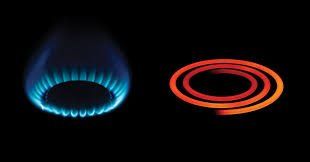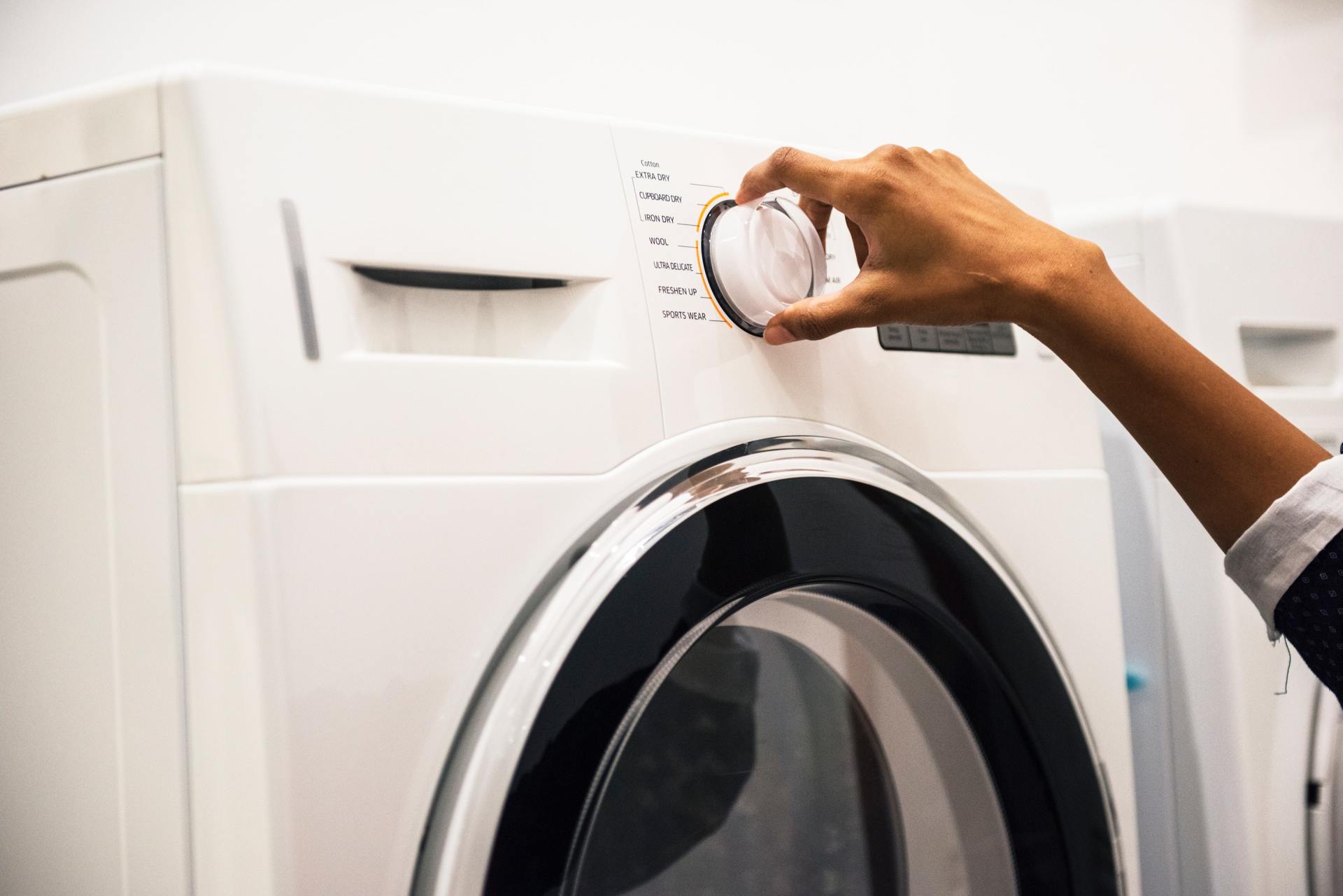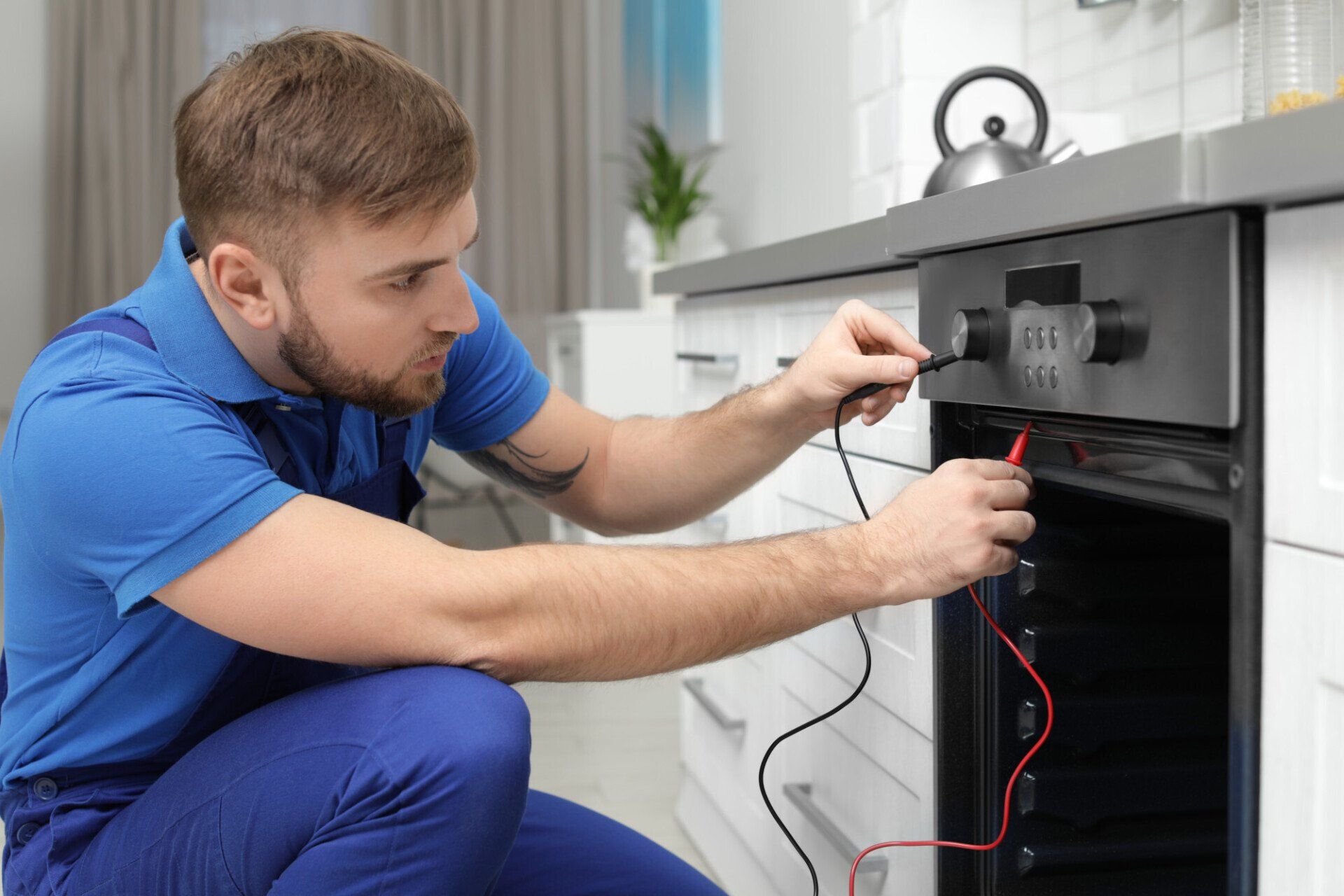Cooking Showdown: Gas vs Electric – Which is better?
Gas Vs Electric Oven
Your kitchen is something that you’ll be using practically daily for a long time, so investing in the right appliances is important. Of the appliances in a kitchen, your oven and stove are likely to experience the most use and will play a sizable role in your overall cooking experience.
But the choice is always there – gas vs electric. So how do you choose the right one when it comes to cooking?
You may be surprised at how much goes into choosing a stove and oven setup outside of going stainless steel or going with a colored finish. You’ll want to make sure it’s big enough to cook the entirety of Thanksgiving dinner without drying out the turkey or making the stuffing mushy.
In many cases, you’ll be picking out a range (stove and oven combination) for your kitchen and will have to decide between 2 fuel sources for both units: electric and gas. Each has their benefits when it comes to either the stove or oven, and there are even hybrid options that allow you to do both!
Below we’ll go over the pros and cons of gas and electric stoves & ovens to help you decide if you can choose a single style or need a hybrid to fit your cooking needs.
Gas Vs Electric Oven
When it comes to baking anything from a lasagna to cookies, your oven is the go-to appliance. They are often attached to a stove top as part of a range, with gas (from a gas line), electricity (from an outlet), or both options for fuel (hybrids/dual-fuel).
Whether it uses a flame for heat or an electric coil, the oven can be set to a high temperature to cook a wide variety of dishes and treats. However, each fuel type makes a difference in the cooking experience, so you’ll want to know what to look for when shopping.
| Gas | Electric | |
| Upfront Cost | ~$550 – $3,200 | ~$700 – $1,500 |
| Operating Cost | Low | High |
| Heat Time | 10 – 15 minutes | 20 – 25 minutes |
| Cook Style | More Moist | More Dry |
| Convenience | 3/5 | 4/5 |
| Safety | 3/5 | 4/5 |
Cost
There are actually 2 costs associated with each type of oven: initial costs and operating costs.
Initially, an electric model will be cheaper than a gas oven. This is because a gas oven requires a gas line to function, and the installation of the model includes hooking it up with the help of an expert. It becomes even more expensive if you don’t currently have a gas line installed.
However, the cost to use the ovens over time will vary based on the price of gas versus electricity. In general, gas as a heating source is about 3-4 times cheaper than electricity, helping to make up for the cost difference over time.
Gas ovens are much more expensive to purchase and install.
Heating Time
To get the oven up to temperature, an electric oven will heat the coil inside to distribute heat throughout the oven. This involves going from a cold coil to a superheated coil before it can give off sufficient heat, making it slightly slower to get up to temperature.
However, once the flame is lit on a gas oven the heat begins instantly and can be easily adjusted based on the size of the flame, allowing for faster cook times and higher temperatures.
Alternatively, an electric coil will hold its heat for longer between cooking. This allows you to start and restart cooking more effectively with an electric coil despite a slower initial heat-up.
Gas ovens reach cooking temperature much faster than electric ovens.
Cook Style
Perhaps the most overlooked aspect of choosing between an electric vs gas oven is that they provide different types of heat, providing a different cooking experience for your food. The benefit of gas ovens is that they provide a moister heat, helping to prevent roasts and certain dishes from drying out when heated.
Alternatively, electric oven cooking gives you a drier baking experience that makes it great for adding crisp or crunch to your foods, perfect for crispy cookies or french fries.
Gas ovens provide a more moist and humid heat.
Convenience
While chances are that you won’t be moving your gas or electric range too often, in the case that something comes detached or it gets moved, you’re going to be safer with an electric model. Electric models can be placed anywhere and simply need an outlet to work, while gas ranges need to be connected securely to a gas line.
This means that if there is a power outage, your electric oven won’t work but your gas oven still will. For those who experience rolling blackouts or natural storms that cause power outages, a gas stove may prove superior.
A gas stove will work in a power outage, an electric stove will not.
Safety
When you’re working with any type of fire or heat, there are always dangers. This is especially true for gas ovens that require a gas line to operate. If there is any separation or leak from the line, you risk inhaling fumes or even worse – igniting your kitchen.
With an electric oven, only electrical failure and burns pose a threat making them safer in many cases.
An electrical oven is considered the safer option.
Efficency
The clear winner in the energy efficiency battle between gas and electric is gas. It takes about three times as much energy to produce and deliver electricity to your stove. According to the California Energy Commission, a gas stove will cost you less than half as much to operate (provided that you have an electronic ignition--not a pilot light
).
Although the government's Energy Star program, which rates home appliances for energy efficiency, doesn't rate ranges, buying a gas stove and then following our energy-saving tips (see sidebar) can help you spend less each year. The final figure on your annual energy bill will depend on how much time you spend cooking on your stove, but energy company MGE asserts that you can expect to pay an average of $2.34 per month to run a gas range without a pilot light (based on a gas rate of $1 per therm, or 100,000 BTU), compared to $5.94 per month to run an electric range (based on an electric rate of $.14 per kilowatt hour).
Gas Stoves Are Easy to Use, Too
Gas stoves may also be the clear winner when it comes to ease of use. Although electric stoves sometimes heat up more quickly than gas, cooks can control the level of heat more quickly and easily with a gas stove by turning the flame up or down. Also, electric stove burners tend to hold heat longer, so if you leave a pot on the stove it may keep cooking and eventually burn -- even if you've turned off the heat.
Gas and electric stoves may be relatively similar in price, but the energy efficiency of the typical gas stove will save consumers money in the long run. So, feel free to go wild in the kitchen as you go green!
Call
(561) 396-9878
General Appliance Service Comprehensive Service Area
- Boynton Beach
- Atlantis
- Delray Beach
- Ocean Ridge
- Gulf Stream
- Highland Beach
- Lake Worth Beach
- Greenacres
- Briny Breezes
- West Palm Beach
- Lantana
- Kings Point
- Wellington
- Jupiter
- Palm Beach
- Palm Beach Gardens
- Manalapan
- Golf
- Tequesta
- Hypoluxo

- Coconut Creek
- Deerfield Beach
- Parkland
- Lighthouse Point
- Hillsboro Beach
- Coral Springs
- Lauderdale-by-the-Sea
- Fort Lauderdale
- Sea Ranch Lakes
- North Ocean Park
- The Cove


"More than repairs, we're your neighbors committed to keeping your home's heartbeat strong."
















